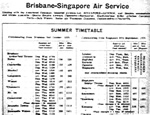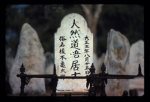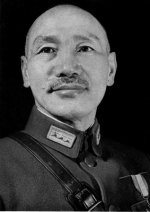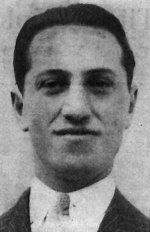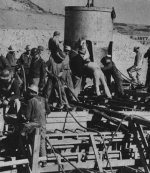1935
- February: as Federal Attorney-General Menzies sails to England with his wife Pat, PM Lyons and the Australian Ministerial party to represent Australia at King George V's Jubilee celebrations. They return in September.
- July 4: Menzies, responding to UK Prime Minister Baldwin, makes his first speech in England. It is to the Empire Parliamentary Association luncheon in Westminster Hall.
- December: Becomes Deputy Leader of the United Australia Party.
- February: First scheduled international flight of Qantas Empire Airways, to Singapore.
- A British House of Commons Joint Select Committee rejects Western Australia's submission to secede from the Commonwealth of Australia on the grounds that WA has no legal right to request legislation on the Australian Constitution.
- March: The pearling fleet off Broome, WA, is struck by days of cyclonic winds. More than 140 people are missing, believed drowned.
- May: Aviator Charles Kingsford Smith and his two crewmen of the Southern Cross land safely in Sydney after all three engines develop trouble out 440 miles over the Tasman Sea. Only a few feet above the sea, co-pilot Captain P G Taylor six times climbed out along the wing strut to feed oil into the port motor.
- July: Australian Associated Press (AAP) is established.
- November 9: Charles Kingsford Smith and his co-pilot J T Pethybridge are reported missing when the Lady Southern Cross fails to arrive at Singapore when trying to break the England to Australia record. The search is abandoned on November 20 when Prime Minister Lyons announces that further searching would be considered fruitless.
- December: The giant cane toad is introduced into Queensland to control the grey-back beetle, which damages sugar cane.
- Chinese "Long March" ends: Mao Tse-Tung, facing defeat by the Nationalist forces of General Chiang Kai-shek, led his followers on the "Long March" to safety in the mountains of Yenan, northern China, from where they emerged to defeat the Nationalists and, in 1949, to turn China Communist.
- Radar invented by Watson & Watt.
- May 6: the Works Progress Administration (WPA) is created to help provide economic relief to those suffering through the Great Depression in the USA.
- Composer George Gershwin completes the opera Porgy and Bess.
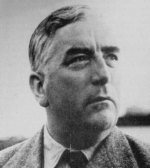 February: as Federal Attorney-General Menzies sails to England with his wife Pat, PM Lyons and the Australian Ministerial party to represent Australia at King George V's Jubilee celebrations. They return in September.
February: as Federal Attorney-General Menzies sails to England with his wife Pat, PM Lyons and the Australian Ministerial party to represent Australia at King George V's Jubilee celebrations. They return in September.
